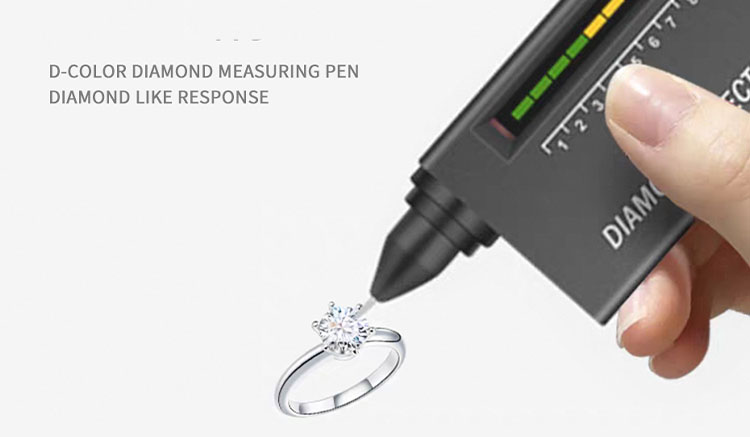There are two cultivation techniques for diamond cultivation: CVD and HPHT, but some HPHT cannot pass the test pen, HPHT contains phosphorescence, and some HPHT may be attracted by magnets, so the price of HPHT is lower. CVD diamonds are more transparent, free of metal impurities, with no fluorescence, no scales, no light, and no milk coffee. One carat is about 20,000.
Lab-grown diamonds can be detected, but not with the naked eye. Generally, it mainly depends on professional and firm certificates.
The GIA report can distinguish planted diamonds from natural diamonds, but IGI is more open and tolerant toward planted diamonds. IGI uses the same criteria for the classification of cultivated and natural diamonds, but the remarks on the IGI certificate will indicate that the cultivated diamond is HPHT or CVD synthetic, and if the cultivated diamond is Type IIa, it will also be specifically noted. Earlier certificates may not display the above information.

The IGI (International Gemological Institute) was established in 1975 in Antwerp, Belgium, as the world diamond center. It is currently the world’s largest independent gemological identification laboratory and gemological research and education institution, the maker of the world’s first complete and comprehensive diamond cut grade table, and truly unique among the world’s three major authoritative identification agencies (GIA, IGI, HRD). A transcontinental global laboratory.
IGI uses the same criteria for the classification of artificial diamonds and natural diamonds, so the IGI certificate is the mainstream of artificial diamonds in the international artificial diamond market.
An IGI lab-grown diamond report has the same color, clarity and cuts grade as a natural diamond. But there are three important points to note.
1. Compared with the well-known GIA certificate cutting grade, the cutting grade of the IGI certificate is higher than the ideal grade. In the IGI grading system, ideal > excellent > very good > good > fair > poor. Because everyone has a cut to the ideal level, ideal and excellent are generally called EX cut.
2. Due to the different laboratory versions in different regions, there are two versions of the early IGI certificate. The laboratory in New York and Hong Kong is the horizontal version in Figure 1, and the laboratories in Antwerp and Mumbai are the vertical version in Figure 2. The above two types of IGI-grown diamonds on the market can be seen, all of which are IGI certificates, but the latest certificates have been globally unified as horizontal certificates.
